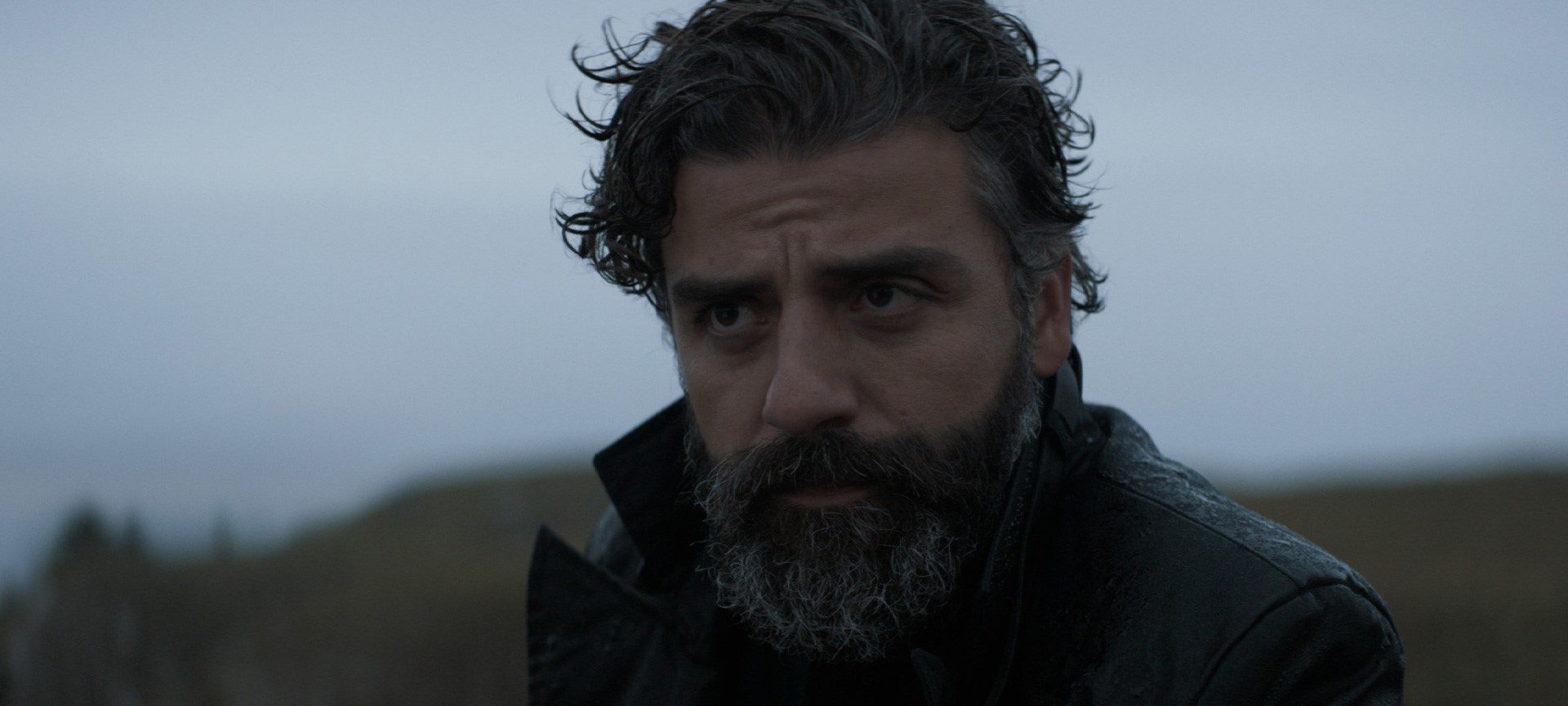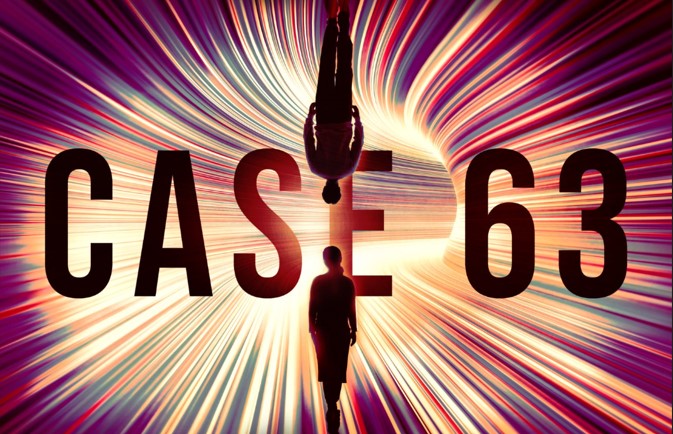Spotify’s sci-fi podcast series ‘Case 63’ revolves around a psychiatrist named Dr. Eliza Beatrix Knight (Julianne Moore) and her patient Peter Roiter (Oscar Isaac). In their first session, Peter claims that he is from the year 2062 and has traveled through time to prevent a woman named Marie Baker from boarding Flight 262. Peter’s revelation leads the doctor down an unconventional path as she unravels the mystery behind her patient over several sessions. In every episode, we see Peter narrate incidents of the future that seem pretty relatable and connected to the world we live in.
The various time travel concepts Peter explains in the show have been explained by real-world scientists and researchers. The podcast weaves a narrative so real, it makes you wonder: is this true? Time to separate fact from fiction!
Case 63: A Fictional Story Rooted in Familiar Concepts
While the events in ‘Case 63’ may feel eerily real, it’s actually a work of fiction. Adapted by Mara Vélez Meléndez, the podcast series is the English adaptation of a Chilean podcast series titled ‘Caso 63,’ created and written by Julio Rojas. The Chilean podcast is driven by a fictional narrative that uses real-world events such as the Covid-19 pandemic and pre-existing space-time theories in its narrative. In an interview with CNN Chile, Rojas spoke about the connection between science and fiction, which shares a glimpse of the mindset with which he developed the podcast. He said that there’s a competition between scientific theories and fiction.

According to Rojas, while science can speculate only to a certain extent, fiction can go further and give humans a fictional but realistic picture of the future. Due to this, as a species, we continue to evolve and progress, as per the writer. Rojas elaborated on this statement by giving an example of ‘Star Trek’ and describing how the intercom facility in the same is akin to the iPhones we have today. Julio extrapolated this idea to his own podcast, ‘Caso 63,’ and said that he wanted his series to be grounded in scientific research. For instance, the doubling theory of space and time by Jean Pierre Garnier Malet forms a core part of the narrative. However, this isn’t the only theory Peter describes in the show. He speaks about the Tardis slide, retrograde transtemporal domain, and a few more.
While the aforementioned scientific theories intrigue the audience, the events around the core premise stir an unsettling feeling because of how close they are to reality. For instance, Peter mentions how he has traveled back in time to prevent the generation of a deadly virus called Pegasus that will wipe out most of humanity by 2062. He explains that the virus is a strain of the coronavirus that caused the COVID-19 pandemic and how what humanity has been going through since 2020 was just the beginning. The idea of how pandemics are a bigger threat than nuclear wars is scary and it only becomes scarier when we think about how it can happen in the real world.
The show also explores how social media culture evolves through time. Peter explains that although social media begins with good intentions and gives people a voice, it soon becomes an institution of its own that gives rise to a totalitarian society. He calls it the “Egregore,” where people who are part of it judge everyone, and things go to a point where the Egregore has more power than the justice system. Everyone is scared of being marked by the Egregore because that would mean losing everything and every one an individual has.
People are scared of the Egregore to the point where they commit suicides and a cast system gets formed with three categories – “Pure,” “Doubtful,” and “Canceled.” When we look at these facets of the show, we realize how close it is to a potential reality. Thus, to reiterate, ‘Case 63’ is a fictional show that carries a narrative around real-world scientific concepts and events.
Read More: Case 63 Ending, Explained


You must be logged in to post a comment.